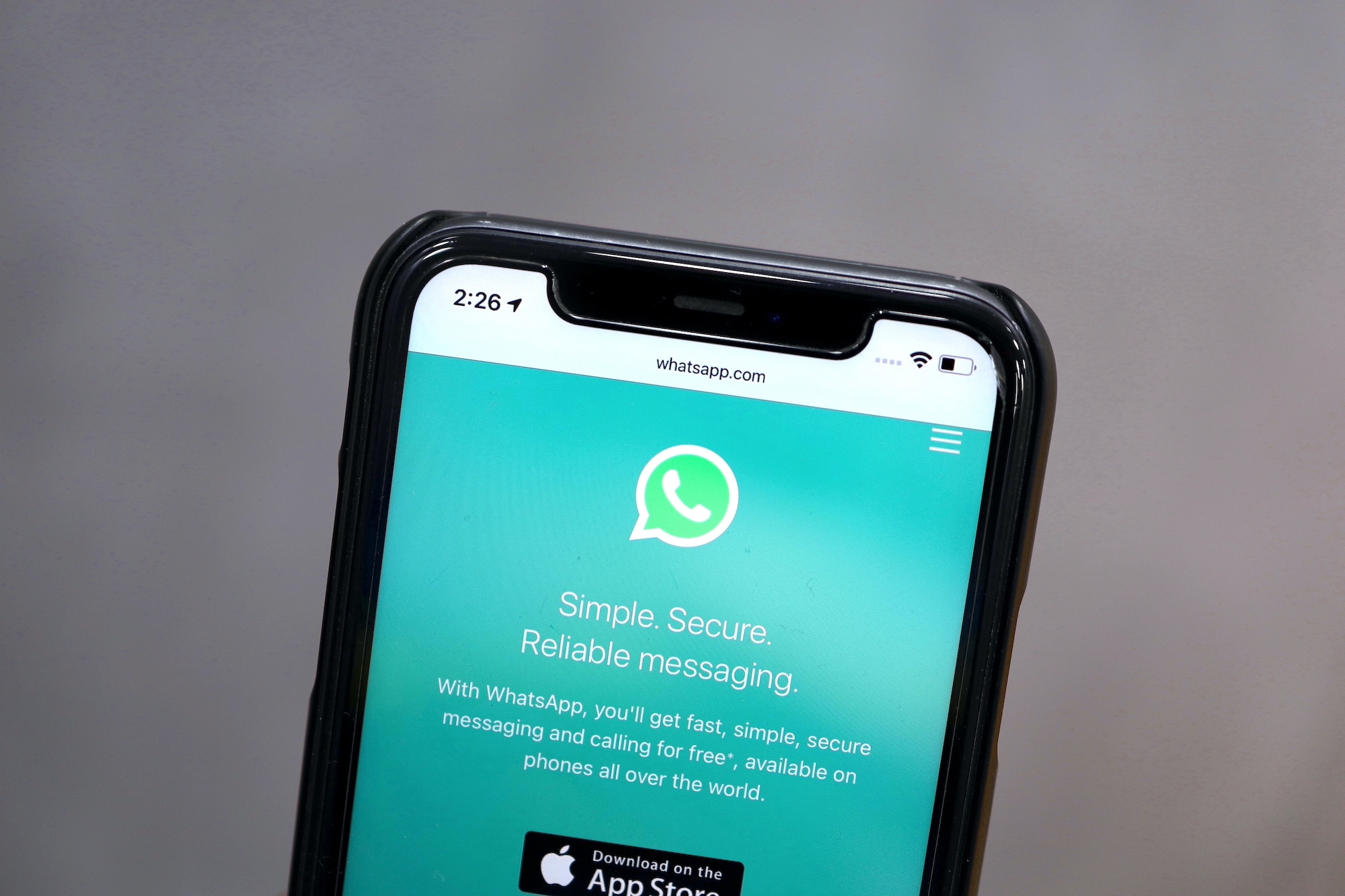At the beginning of this year, WhatsApp rolled out its new privacy policy in India that has managed to create quite a stir. The new privacy policy has led to hundreds of thousands of users trying out Signal and Telegram as an alternative to WhatsApp. So, what exactly is the issue with WhatsApp’s new privacy policy?
The backlash has been so huge that it even led WhatsApp to issue a clarification on what the changes in its privacy policy mean. If you are a WhatsApp user and are wondering what’s wrong with its new privacy policy and how it will affect you, read below.
Can WhatsApp or Facebook Read Your Chat Messages?
Under no circumstances, WhatsApp or Facebook cannot read your chat messages sent to your friends or family.
We can’t see your private messages or hear your calls, and neither can Facebook: Neither WhatsApp nor Facebook can read your messages or hear your calls with your friends, family, and co-workers on WhatsApp. Whatever you share, it stays between you. That’s because your personal messages are protected by end-to-end encryption.
What Are the Changes in WhatsApp’s New Privacy Policy?
When WhatsApp first rolled out its new privacy policy in the first week of January in India, many people thought that the company would be reading their chat data and sharing it with Facebook and other third-parties. However, that is not the case. WhatsApp will not be reading your personal chats. It also does not have access to your chat and call logs, group chats, shared location, and more.
WhatsApp’s new privacy policy is aimed at the upcoming changes to its platform that will allow better interaction between businesses and users. Right now, while WhatsApp is used for conducting business, the entire implementation is clunky at best. To streamline this entire process, WhatsApp will be offering Facebook’s hosting services to large businesses so they can easily manage chats from their customers.
Businesses can use this chat data for their own marketing purposes including advertising on Facebook. This only happens when one chats with a business account using Facebook’s hosting service. As a transparency measure, WhatsApp will be informing users whenever they initiate a chat using Facebook’s hosting services.
The second major change is that WhatsApp is paving the way for Facebook Shops integration. With this integration, WhatsApp wants to offer a better shopping experience to customers as they will be able to display product listings right within WhatsApp. The issue here is that if you interact with Shops, WhatsApp will share your shopping activity with Facebook so that the latter can display personalized ads on Facebook and Instagram.
Similarly, when one clicks on the WhatsApp button on the profile page of a business on Facebook, the collected data will be used by Facebook to show personalized ads.
What’s the Problem with WhatsApp’s New Privacy Policy?
The biggest problem with WhatsApp’s new privacy policy is that it is enforcing it on its users in India. It is clear that the new privacy policy is aimed at businesses and to make it easier for Facebook to show personalized ads. However, WhatsApp is forcing it on its Indian users as if they do not accept the changes, their account will be deleted from the platform on February 8, 2021.
In a clarification issued today, WhatsApp did say that users who have already accepted its new terms and conditions will have up to 30 days to change their selection from within the app. It, however, does not say anything about what happens after 30 days if a user declines the new privacy policy.
The new privacy policy is only applicable for WhatsApp users in India since WhatsApp and Facebook cannot roll out such changes in the EU due to the General Data Protection Regulation (GDPR) laws.
Will WhatsApp Share Your Data With Facebook?
WhatsApp is already sharing the data of its users with Facebook. This includes the account name, phone number, phone book, and how you use WhatsApp. Your chats and other media data are not shared by WhatsApp with Facebook or other third-parties. It cannot even see your chats since they are end-to-end encrypted.

